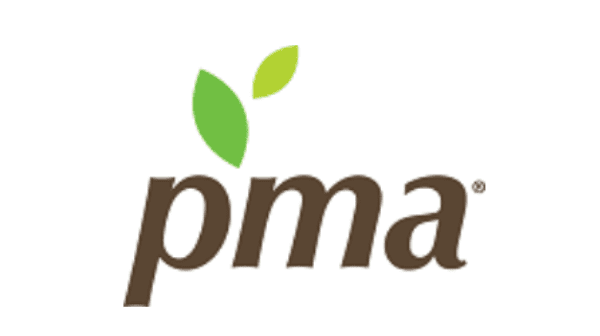Last week we shared that the Produce Marketing Association BB #:153708 would join AgStack Foundation as a founding member, alongside other partners including Centricity Global, Farm OS, IBM, McKinsey and Company, Mixing Bowl & Better Food Ventures and more.
AgStack Foundation is an open-source digital infrastructure project for agriculture launched by non-profit and open-source powerhouse, The Linux Foundation.
I could say, simply: this is a good thing. That would be true. It’s a good thing that PMA has been asked to join AgStack Foundation and represent the global produce and floral supply chain.
It’s a good thing that the Linux Foundation has recognized the opportunity and need for a global agriculture digital makeover.
It would be an even greater thing for the industry to understand what all of this means so that we can all contribute to the data evolution ahead of us.
Produce and floral products are essential to people’s wellness and our supply chains are critical to growing a healthier world. As an industry, we can help feed the hungry and malnourished, we can contribute to sustainable practices for our planet and businesses, but only if we can overcome the challenges of dated, inefficient legacy technology systems.
Instead of recreating the wheel to serve new, siloed tech solutions, we must take this moment to create the very best wheel so that all solutions moving forward will not be “new” solutions, but the “next” solution that builds on the progress of the last.
That wheel will be a solid interoperable data standard.
Here are the top 5 things I think you should know about this partnership, and what it means for our industry.
What does interoperable data empower us to do?
It empowers us to share data through the supply chain with relative ease. Through sharing data we can make much better, informed decisions and predictions.
How will this empower and benefit the industry?
It will enable supply chain visibility, enhanced traceability, quality tracking and predictions, real-time tracking of shipments to be implemented efficiently.
Why is it a big deal that we’ve been asked to help inform the process?
Most technical developments in the Ag sector are focused on the row crops industry and then adapted to specialty crops. Bringing fresh produce and floral in on the ground floor means that we will have the tools and standards designed for our industry’s needs.
Will a “standard” limit innovation or limit new companies for forming solutions for the industry?
Interoperable standards and tools will actually have the opposite effect. It will enable companies to develop solutions using these standards and open-source tools rather than have to define and test every type of data and node in their implementation. We could see a boom of next generation innovations following an established interoperable data standard.
What other industries have nailed the interoperable data standard?
A great example is email. The various email systems such as Gmail, Outlook, Hotmail etc., exchange emails efficiently because their industry has created interoperable data standards and open-source tools that they all utilize. They do not need to develop separate code for each different email system they are sending emails to. Imagine the cost and the lift if each company had to “invent” email every time they set out to make their solution.
The hand-me-down nature of data systems that have been adapted to our needs instead of designed for them is probably one of the major reasons we have not yet solved this puzzle. This is an exciting time for our industry, not just because we are likely on the cusp of many great new innovations, but because we have been invited to the table to represent fresh produce and floral in the earliest phases of development.
At PMA, we’re happy to represent our industry to create safer, more efficient and a more robust supply chain to ensure our products reach all corners of the world.



